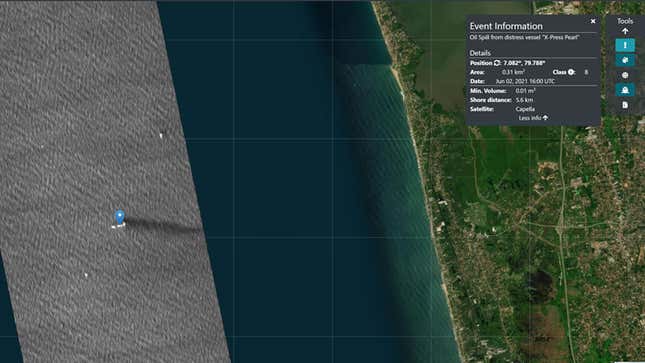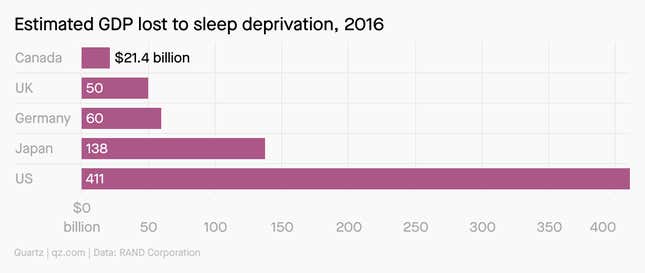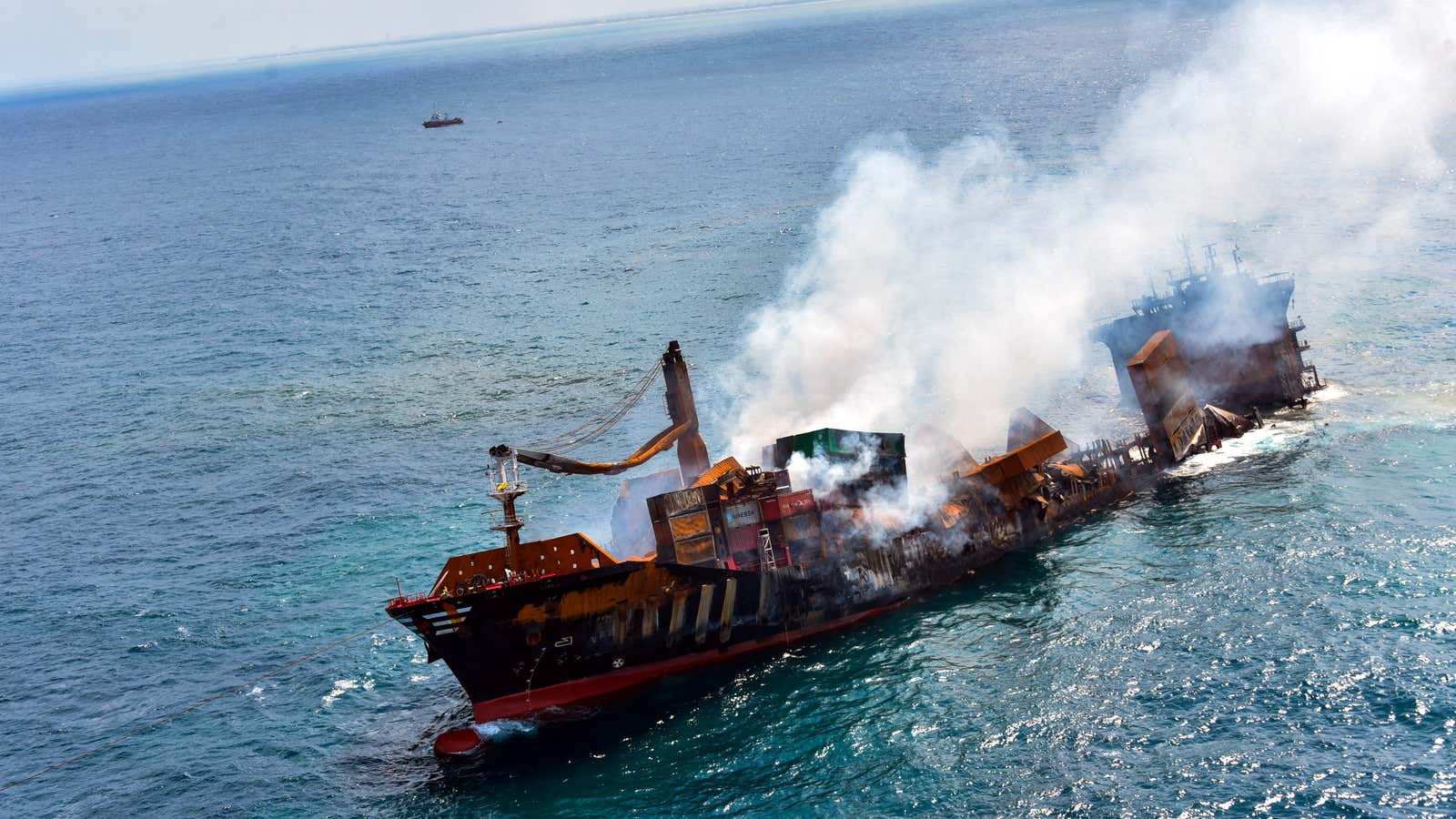Dear readers,
Welcome to Quartz’s newsletter on the economic possibilities of the extraterrestrial sphere. Please forward widely, and let me know what you think. This week: Space guards from coast to coast, $500 million for OneWeb, and SpaceX’s latest rideshare rocket. Space Business is taking a break next week and will return on July 14.
🚀 🚀 🚀
In 2018, thousands of emigrants from Africa and the Middle East risked their lives crossing the Mediterranean Sea to Europe in small, overcrowded boats. Juan Peña Ibáñez and Pablo Benjumeda Herreros had a unique vantage on the humanitarian crisis: They flew in search and rescue aircraft for Spain’s Maritime Safety Agency, equivalent to the US Coast Guard. At the time, as many as 30 boats approached Spain daily.
“From the aircraft I can only see 15, 20, 30 miles. I need to monitor hundreds of miles,” Benjumeda said. “We had reduced capabilities in that moment, it’s very frustrating. Every single life you lose at sea, you say, there must be something that we can do better.”
For Benjumeda and Peña, the answer was returning to the university for advanced degrees in remote sensing, and launching a company, Orbital EOS, that uses satellite data to more efficiently monitor the world’s oceans for all kinds of activity.
“We used to do four-hour patrols with our high-tech aircraft,” Peña says. “The area [we saw] in four hours is imaged by a satellite in 30 seconds.”
Orbital EOS analyzes data collected by radar satellites in orbit, which bounce radio waves of objects below and measure the reflections. This information is precise enough that machine learning software that can identify substances floating on top of water, like oil and chemical spills, by differences in their surface tension. This is a rare capability, and became the first service Peña and Benjumeda offer.
An opportunity to demonstrate the technique arrived with a maritime accident near Sri Lanka. In May, the shipping vessel X-Press Pearl suffered a catastrophic fire and sank, spilling its cargo of chemicals and micro plastics into the sea. Residents are already seeing catastrophic impacts on local marine life. The owner of the ship and Sri Lanka’s government say that no oil has spilled from the vessel. Orbital EOS’ analysis of recent data collected by Capella satellites produces a different picture. Analysis of the radar data (shown below overlaid on a satellite map in Orbital’s dashboard) suggest that hundreds of tons of oil spilled from the vessel, represented in gray:

That’s not a huge spill compared to others, Benjumeda said, but “the problem with the oil is that the wreck is only 7 km offshore and the wind and currents are constant to the coastline, consequently, any single drop of oil will reach the coast in a very brief time.” This data can help emergency responders, but could also be used as evidence in legal disputes over who is liable for the consequences of this disaster.
One key tool toward that end are the newest generation of small satellites, which can capture information about a place on earth far more frequently and on-demand than their predecessors, and often at a lower cost. Orbital EOS relies on data collected by Capella Space’s radar satellites to track fast-moving events around the world, which makes its insights more valuable in real-time.
While this pollution has attracted international attention, many do not—and even small spills can have serious environmental impact. Orbital EOS wants to help government regulators better enforce pollution rules, and companies spot leaks and avoid waste. Now the firm is scaling up, raising money and looking to add new services that benefit from frequent revisits, like power line monitoring. It’s another example of how space technology is becoming a normal part of solving problems on earth.
“We were end users of many solutions when we were at the coast guard, [so it is] easy for us to identify the gaps in the technology,” Benjumeda says. “We started the whole design of the solution from there, from the user perspective—if I am the coast guard and I have to deal with an oil spill.”
🌘 🌘 🌘
👀 Read this 👀
When I have trouble sleeping, I just count launch vehicle start-ups and conk out before I run out of names. But sleeplessness is no laughing matter: It has real costs, particularly in the very restless US.

Quartz’s latest field guide digs deep on the technology that wants to help you sleep.
And don’t forget to sign up for Quartz’s pop-up Olympic newsletter, Need to Know: Tokyo Olympics.
🛰🛰🛰
SPACE DEBRIS
OneWeb’s Bharti bucks. The formerly bankrupt satellite network says it now has the cash needed to launch all the spacecraft it needs to begin providing internet service after raising an additional $500 million from Bharti Global, the Indian conglomerate that partnered with the UK government to pull the project back from the brink in 2020. The company, which has raised $2.4 billion in total, plans to launch 36 more spacecraft today as it works to compete with SpaceX’s Starlink network. Elon Musk said this week that he expects his nascent network to serve 500,000 users in the next year.
Totally Tubular. The air-launch company backed by Richard Branson’s had its second successful mission yesterday, deploying seven satellites on a LauncherOne rocket that took flight from a modified airliner. The mission, called “Tubular Bells” after “the first track on the first side of the first album from the first band ever signed to Virgin Records,” flew seven cubesats, including the Netherlands’ first military satellite. Virgin expects to launch one more mission this year before aiming for a higher cadence in 2022.
Ridesharing is caring. The latest SpaceX dedicated small satellite mission—a tribute to the space economy Musk’s company has seeded—launched successfully yesterday. The flight was scrubbed on the first attempt when a plane flew into the safety zone around the launch site, prompting complaints from Musk. While Elon’s moaning about the government has become rote, it’s true that fix-up work on commercial space regulations has stagnated under president Joe Biden.
Momentum’s never been wrong. Momentus Space, the orbital tug company whose SPAC travails we have been following with some interest, reported to the SEC this week that its investors now value the company at $556 million, down from $1.2 billion last year. Though the firm’s Russian CEO resigned amid questions about his access to restricted technology, it has yet to gain approval from the US government to demonstrate its technology in space. Momentus and the SPAC that is acquiring it, Stable Road, have until Aug. 13 to close their deal.
Europe settles on a space vision. The European Space Agency’s five year budget plan and associated institutional reforms were enacted last week, with much of the €14.8 billion ($17.6 billion) plan focused on matching US and Chinese space investments, while dealing with the complications of Britain’s departure from the European Union.
A multi-planetary civilization. Why leave the Earth? One answer is that exploration beyond the atmosphere is a civilizational imperative, for good or ill, UK space analyst John Sheldon writes.
Your pal,
Tim
This was issue 99 of our newsletter. Hope your week is out of this world! Please send your ideas for stories to cover with satellite imagery, your civilizational vision for space exploration, tips, and informed opinions to [email protected].
